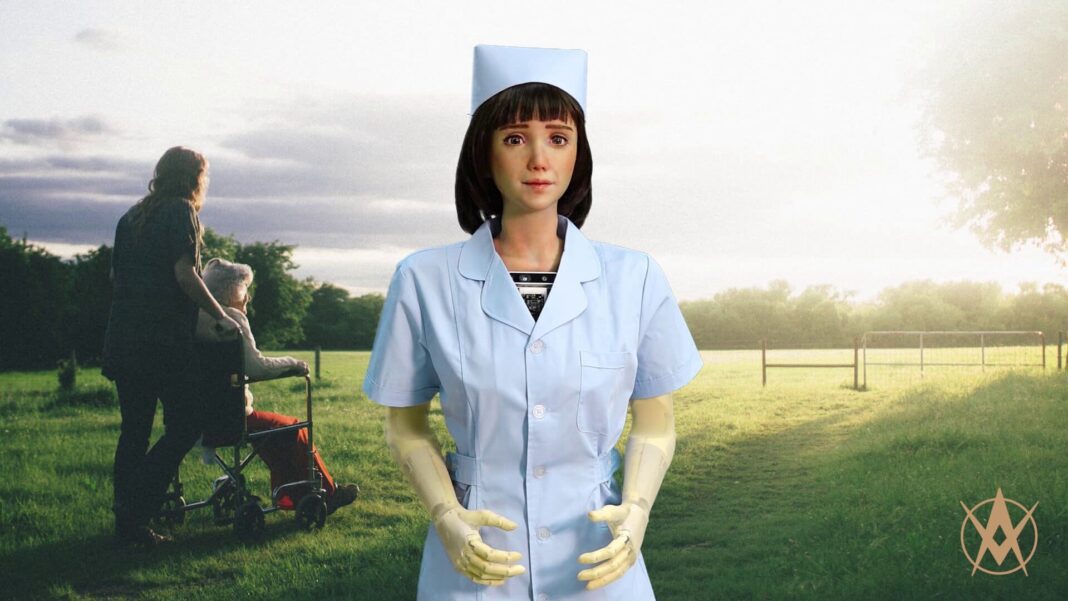RoboDoc: In 2021, around 800,000 people were on the waiting list to receive subsidized home care.
The current pandemic is only adding to an already burdened system with millions of Americans fighting for reliable and affordable at-home assistance, instead of moving into a nursing home that has seen COVID-19 kill tens of thousands of people. However, what if there was a way to alleviate this strain? Here Janet Adams, chief operating officer at SingularityNET, argues social robots could help the elderly combat loneliness whilst aiding overworked carers.
The media is not always positive towards artificial intelligence (AI) robotics. From movies like The Terminator to headlines such as “Facebook engineers panic, pull plug on AI after bots develop their own language”, there has often been misinformation and fear when talking about social robots. However, the benefits of AI robotics for social good are often overlooked.
Caring for carers
In 2018, US carer’s wages hit a historically low with around 58 per cent of long-term care workers earning less than $30,000. These wages come as no surprise as Medicaid funding was reduced from $400 billion to $150 billion over the last eight years.
This data is not just pertinent to the US — a similar spike in demand for elder care has been reported worldwide. And since 2019, the situation has only worsened. The COVID-19 pandemic has shown us that healthcare professionals are often overworked, while patients suffer as a result of isolation. While scientific advances are helping fight COVID-19, broader issues with the healthcare system are not going away any time soon.
This is why Awakening Health, a joint venture of SingularityNET and Hanson Robotics, is creating social robots for the elderly. This has been achieved in the form of Grace, a humanoid robot designed for companionship and to assist healthcare personnel with basic procedures. Grace is the most empathetic humanoid robot to date — she can recognize and respond to seven human emotions, do talk therapy, conduct uplifting activities such as guided meditations when sensing depression signals, and help in everyday activities such as placing calls.
Common misconceptions
Despite the benefits of robots like Grace, there are still many concerns and misconceptions. One of them is that using technology to replace human interaction could isolate patients even more. However, robots like Grace can help carers feel less overwhelmed by performing routine health checks and filling charts. In this way, Grace frees up valuable time and allows her human colleagues to spend more time connecting with patients in a way that only humans can do.
Another common misconception with robots for the elderly is that seeing robots take over their carers’ responsibilities, patients may feel infantilised or debased. However, this stems from the fear that robots will take over human roles, a narrative often portrayed in the media. In reality, humanoid robots would support human carers by automating routine tasks and gathering accurate data to speed up diagnosis, treatment and alerting staff in an emergency.
Grace is also designed to help the elderly by providing companionship and aiding in activities that connect them with the world, such as setting up phone or video calls to family, alerting their caretakers or ordering food. Social robots could bridge the gap for the technologically naive elderly and provide needed relief for many care workers.



